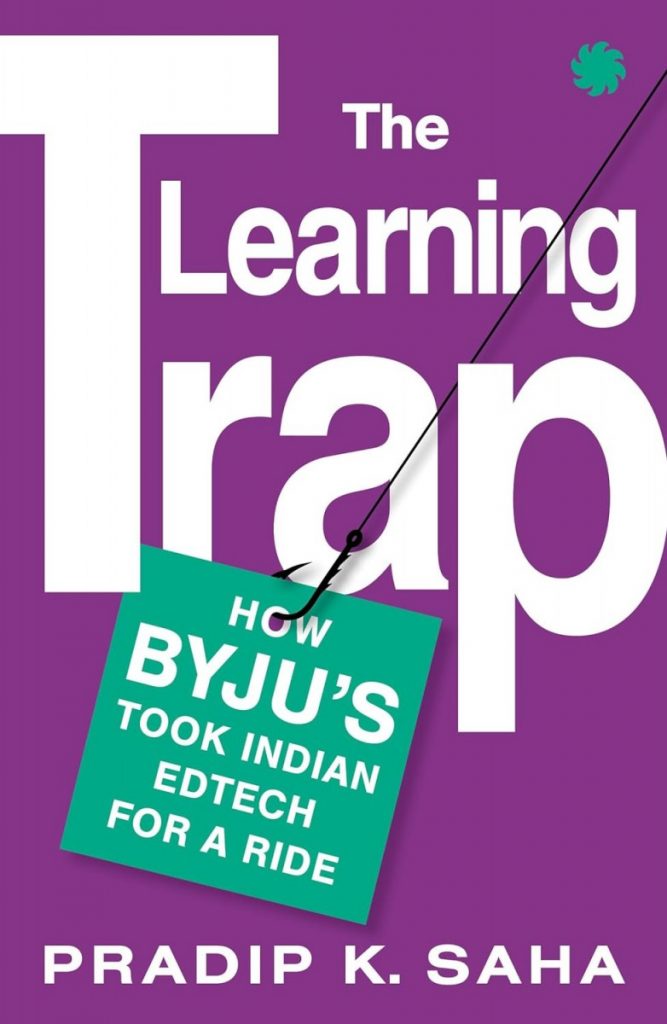Top Modi Official Blows Whistle On Government Finances https://www.youtube.com/watch?v=HWzqra3KQbs the reporters' collective Jan 18, 2024
Niti Aayog CEO BVR Subrahmanyam reveals Modi held backdoor negotiations with the Finance Commission to cut tax funds allocated to states, and says gov't finances are so shady, they could be hit by a 'Hindenburg'.
Read the entire report https://assets-global.website-files.com/600865f0dc1db856edc28cd0/65a929d8239db578e685ee94_CSEP%20Transcript.pdf. Or watch https://www.youtube.com/live/B3unBGDHoPE?feature=share
As PM, India’s Modi secretly tried to massively cut state funds https://www.aljazeera.com/economy/2024/1/18/as-pm-indias-modi-secretly-tried-to-massively-cut-state-funds The Finance Commission’s firm stance forced the Modi government to hastily redo its maiden full budget in 48 hours and slash funding across welfare programmes since its assumption of retaining a greater portion of the central taxes did not pan out. At the same time, Modi falsely claimed in Parliament that he welcomed the Finance Commission’s recommendations on the tax portions to be allocated to the states.
Comments: @in-human1698 In the audio recording, BVR Subramanian never says Modi wanted to reduce the state's share. He says there was a discussion about whether to accept at 42%, or keep at 32% or some number in between. The fact that the Union Government accepted the Finance Commission's recommendation of raising the share from 32% to 42% even though the Finance Ministry was against it (acc to BVR) only shows that Modi played a role in raising the state's share from 32% to 42%. Don't forget, the fact remains that the Modi Government raised the state's share from 32% to 42%. And obviously, to cover that loss, Central Govt has to cut down its budget from other schemes. JAIL these Reporter Spreading Misinformation.
@selvarajuthangavelu887 Even this 10% increase to States was nearly set off by reducing the no. of centrally sponsored schemes and reducing the central share in css
@ravips698 How does this change the life of an ordinary citizen? As long as the public money is not being swindled it must be used for betterment of country.atleast am happy about that. What is important is central government releases funds to states in a timely manner and sets up enough checks and balances to ensure no corruption.aljazeera is an infamous news channel which seems to be paid to launch this news at "right time" else why 2014 news is being published in 2024?
@sudhirnegi6008 Some journalists only highlight the negatives. GST is a boon for transparency and business. Ask any accountant his troubles with vat regime if he had inter state operations. Secondly all Govts fudge their budgets to balance it, not this Govt alone. Expenditures are pushed to subsequent years. Loans are taken by Govt subsidiaries not a part of budget thus containing deficit. This should be acknowledged by the anchor. Pinning this on only one Govt is bias. Secondly look at the infrastructure spending by this Govt which will be a boost to the businesses. This is money well spent. Would states have done the same?
The rich get richer while global poverty deepens in “decade of division” https://peoplesdispatch.org/2024/01/16/the-rich-get-richer-while-global-poverty-deepens-in-decade-of-division/ We’re witnessing the beginnings of a decade of division, with billions of people shouldering the economic shockwaves of pandemic, inflation and war, while billionaires’ fortunes boom. This inequality is no accident; the billionaire class is ensuring corporations deliver more wealth to them at the expense of everyone else,” stated Amitabh Behar, Oxfam’s interim Executive Director
The inequality gap between the Global North and the Global South has increased for the first time in 25 years.
Rich countries of the Global North account for 69% of all global wealth and 74% of all billionaire wealth. This concentration of wealth is a legacy of colonialism and empire, the report notes, adding that “since the formal end of colonialism, “neo-colonial relationships with the Global South persist, perpetuating economic imbalances and rigging the economic rules in favor of rich nations.” This extraction of wealth has been facilitated by multinational corporations.
While the ability of governments to sustain public services is obstructed, corporations around the world have pushed for the privatization of critical services including health care and education. As the report states, this is done not only through the sale of public assets, but also through the integration of the private corporate sector into public policies and programs through outsourcing and “public-private partnerships”. Privatization in turn grants corporations greater influence over public resources.
Comment on WA: The issue is not the figures, but the politics, and the process. No wonder the "interests" need to paint "NGOs" as "desh drohi". Check out the recent attacks on Centre for Policy Research..
Earlier, India was the "vishwa guru" of the non-aligned movement, and Group of 77. Now we have "G20" !
Pradip Saha's latest book 'The Learning Trap – How Byju’s Took Indian Edtech for a Ride' is an uncommon investigative treatise into India's education system.
https://thewire.in/books/charting-the-rise-and-fall-of-byjus-and-educational-ecosystem-in-india

Saha charts the rise of a charismatic teacher to a status where he (and his family, who held controlling roles in the company) were clearly out of their depth, especially in financial matters. By the end, there seems little doubt that there is rampant denial and fraud, alongside the financial heartbreak of so many families and young men and women. The scepticism of these families toward education technology will likely never be allayed.
Saha quotes many heart-breaking stories of how low-income families (such as even auto rickshaw drivers) were exploited – some were denied refunds, and a lack of understanding of online subscriptions caused many families to bleed money, and end up in debt traps.
18/01/2024
